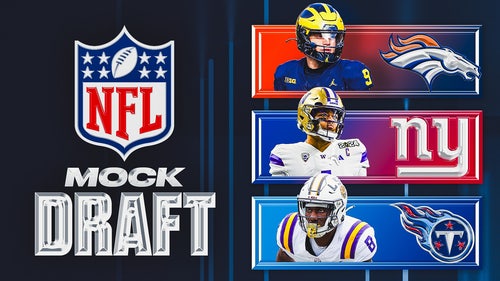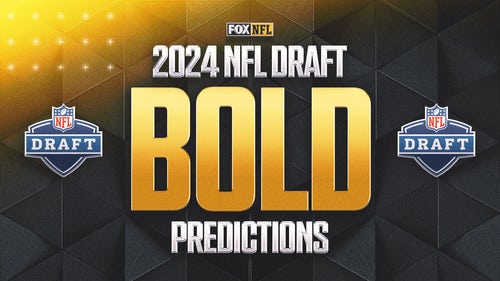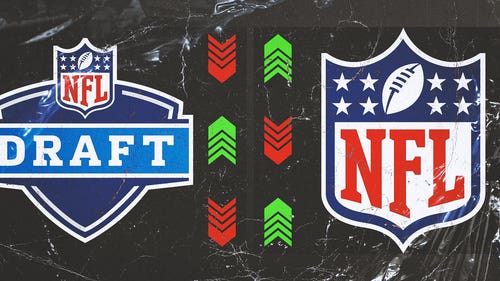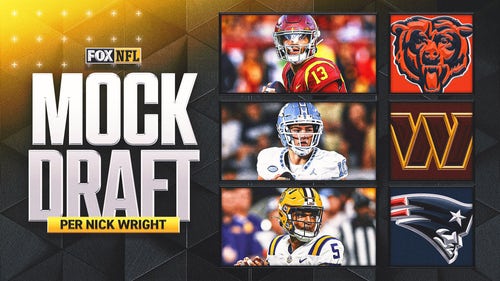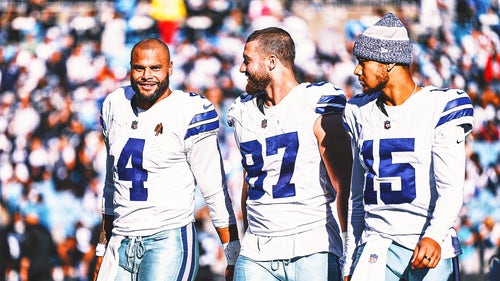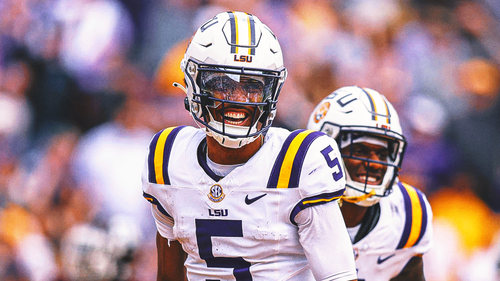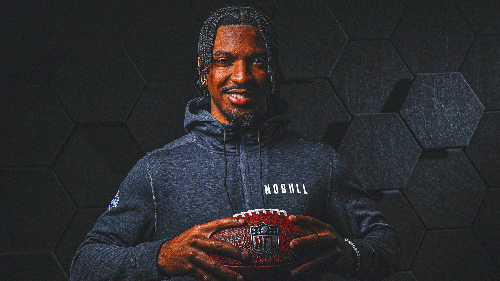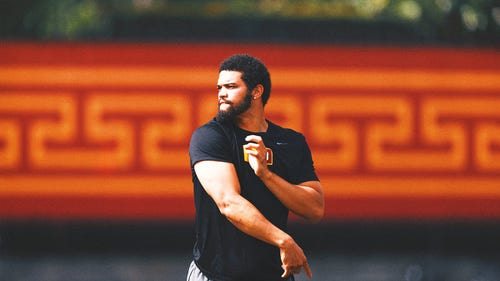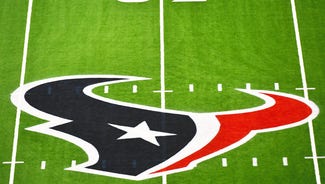
Prosecutors get important boost in Hernandez case
FALL RIVER, Mass. -- Prosecutors in the murder case against Aaron Hernandez lost a technical ruling Friday but prevailed on a more substantive issue when a judge concluded they don't have to disclose their theory regarding the killing of Odin Lloyd until they are standing before a jury.
Massachusetts Superior Court Judge E. Susan Garsh denied a motion filed by Hernandez's attorneys in which they sought to have prosecutors disclose whether they believe Hernandez actually pulled the trigger when Lloyd was gunned down last June 17. In her ruling, Garsh pointed out that under Massachusetts law prosecutors don't have to prove that Hernandez fired the gun to convict him of murder.
Instead, they merely need to prove that he was an active participant in the killing.
Defense attorney James Sultan had argued that prosecutors should be compelled to disclose whether they planned to argue to a jury that Hernandez was the shooter.
"We don't know as we sit here today trying to prepare for trial whether they're alleging Mr. Hernandez fired the shots which killed Mr. Lloyd or if they're alleging that he assisted somebody else in that endeavor," Sultan said.
But Judge Garsh interrupted him with a question.
"Why can't the Commonwealth at trial ask for a (ruling) that the Commonwealth can prove the defendant guilty of murder if it proves beyond a reasonable doubt he participated in the commission of the crime alone or with others? What requires them to choose now, to limit themselves now to that?"
In the end, she ruled that it could and denied the request by Hernandez's team of attorneys.
"The identity of the shooter is not essential to prove that a defendant is guilty of murder," Garsh said.
The lawyers for the former New England Patriots tight end did win what was likely a temporary victory when Garsh denied prosecutors access to recordings of phone calls the former football star had made from jail.
But Garsh also left the door open for prosecutors to renew their motion after ruling that the request for those phone calls did not meet a requirement that it be supported by a sworn affidavit explaining how the state discovered their existence.
"The Commonwealth motion is not supported by any affidavit," Garsh said in a hearing that lasted more than an hour and featured repeated wrangling over records and other materials that must be turned over to the defense.
Hernandez, 24, has been charged with murder and weapons violations in the death of Lloyd, a semi-pro football player. Lloyd was dating the sister of Hernandez's fiancée. Prosecutors have alleged Hernandez was angry with Lloyd because he had been talking to people at a Boston nightclub the former player had problems with.
Garsh also said Friday that she had taken under advisement proposed language from both prosecutors and defense attorneys that will govern a new gag order in the case. A gag order has been in effect from the earliest days of the case -- and prosecutors have repeatedly asserted that it was sufficient to govern the public statements of attorneys on both sides. But Hernandez's lawyers have pushed for stronger language after accusing prosecutors and law officers of leaking information about the case against the former Patriot -- a charge that the state's attorneys have repeatedly denied.
Among the points of contention: Whether prosecutors and police officers should be required to swear under oath that they have not previously leaked any information about the case.
In addition, prosecutors sought the recording of phone conversations Hernandez has had in jail, as well as a list of his visitors and a list of people he has had contact with. During the more than six months Hernandez has been held without bail, he has made "numerous phone calls" -- and during some, prosecutors alleged that he has used "coded messages" to communicate with people on the outside.
Among his visitors, prosecutors asserted in the motion, were Hernandez's fiancée, Shayanna Jenkins, and his cousin, Tanya Singleton. Jenkins has been charged with perjury after being accused of lying to a grand jury, and Singleton has been charged with conspiracy to commit accessory after the fact and with contempt of court after she refused to testify before a grand jury.
Hernandez's lawyers responded with a motion that called the request for the former player's phone and visitor records a "fishing expedition." And Sultan renewed that argument in court.
"They want every recording of every phone call Mr. Hernandez has made from the day he entered the jail in June of 20013, not only until the present day but into the future," Sultan said. "If that is not a classic fishing expedition I don’t know what is."
In the end, the judge ruled that the prosecution’s motion was technically defective.
The judge did issue a number of orders about materials that prosecutors must turn over to the defense, but none of those issues sparked much argument from lawyers on either side.
Hernandez, who has denied killing Lloyd, remains behind bars without bail. He is scheduled to return to court June 16 -- one day before the first anniversary of Lloyd's killing.
In addition to Jenkins and Singleton, two others have also been charged in connection with the killing.
Ernest Wallace Jr., 42, and Carlos Ortiz, 28, have been indicted on charges of being accessories after the fact.
Prosecutors have alleged that Hernandez summoned Wallace and Ortiz to his home in North Attleboro, Mass., late the night of June 16 and that at roughly the same time the former player contacted Lloyd and asked him to go out. According to previously filed court documents, prosecutors believe Hernandez, Wallace and Ortiz drove to the Dorchester neighborhood in Boston, picked up Lloyd and drove him back to North Attleboro. There, they allegedly pulled into a secluded field about a half-mile from Hernandez's home, and Lloyd was shot and killed.
The flurry of recent court filings also shed new light on some aspects of the case.
Among those revelations was the assertion that prosecutors have found Ortiz so unreliable that they do not intend to call him to testify. Once considered the star witness of the case, Ortiz had told investigators he never got out of the car in the field where Lloyd was killed. But he subsequently changed his story, and, according to court documents, investigators found his DNA and hair on a white towel discovered near Lloyd's body.
In addition, those recent filings show that prosecutors do not believe that Lloyd was involved in an unsolved double-murder on Boston's south end in July 2012.
A grand jury is investigating Hernandez's potential involvement in that case following the discovery of a vehicle thought to have been used in the crime. It was found parked in Bristol, Conn., home that is owned by the former player's uncle.
Recently unsealed court records show that prosecutors believe Hernandez was in the vehicle and "may have been the shooter" in that 2012 drive-by that left two men dead and another wounded.






































































































































